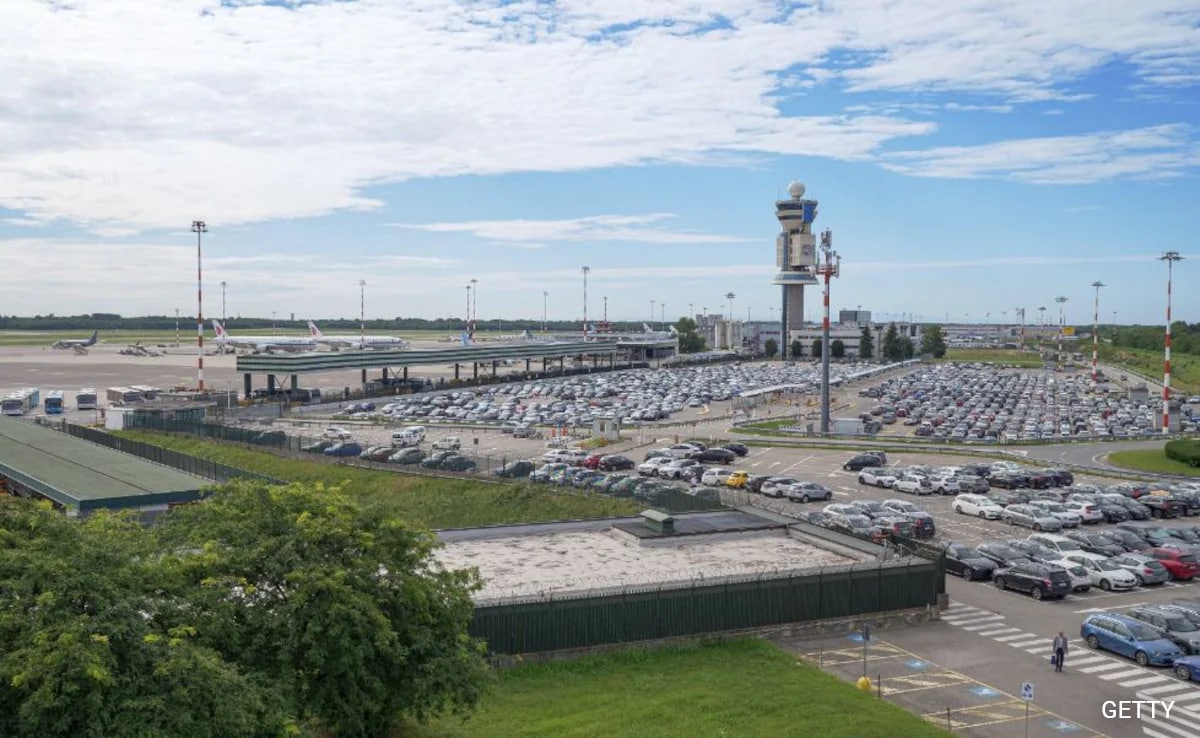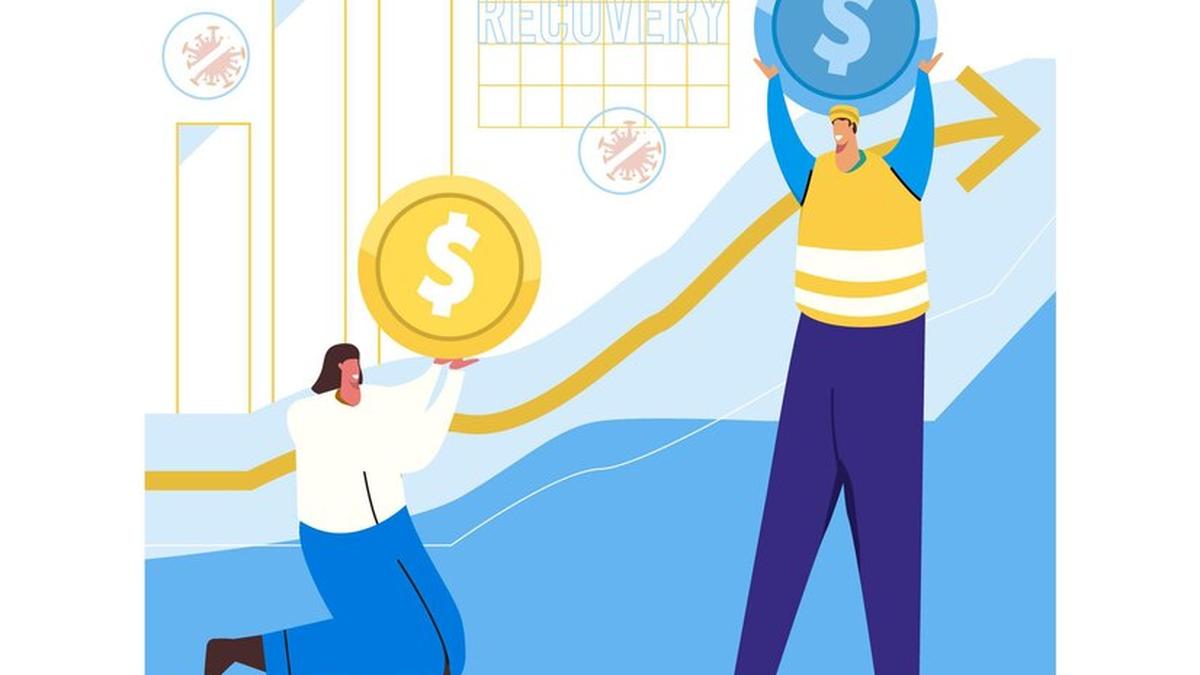What is inflation?
In simple terms, inflation refers to an increase in the price of goods and services over a period of time. To illustrate, if five chocolates cost Rs 10 in 2020 and if the price went up to Rs 15 in 2024, it simply means that the cost of chocolates has increased over a period of four years.
What causes inflation?
Inflation can happen when the demand for products or services exceeds the supply. This is referred to as demand-pull inflation. Inflation can also arise when the manufacturing or production cost of goods increases, disrupting the supply chain or what is unavailable in the market. For example, India’s major importers of oil were Iraq and Kuwait. This is known as cost-push inflation. When Iraq invaded Kuwait in 1990, it led to a situation of oil crisis in India as the country relies on crude oil to meet its demand. Sometimes, in the event of natural calamities such as earthquake, tsunami or floods, or geopolitical tension like Israel and Palestine war, the supply of the goods that the consumer wants can be disrupted.
Who monitors inflation?
The Reserve Bank of India (RBI), the central agency, monitors the inflation rate in India. Usually, when the inflation rate increases, the central bank increases the key lending rate on loans and deposits, discouraging consumers as well as businesses from taking out a loan. When inflation is down, the RBI cuts down the interest rates. This encourages consumers to take loans.
For fixing the interest rates to tackle inflation, the RBI constituted a six-member monitory policy committee (MPC) headed by Governor Shaktikanta Das. MPC was established on June 27, 2016. Once every six months, the central bank publishes a document called Monetary Policy Report to explain the reasons behind inflation.
How to calculate?
The rate of inflation calculated by the National Statistical Office (NSO), under the Ministry of Statistics and Programme Implementation, is based on the consumer price index (CPI), a key economic indicator. It measures an economy’s inflation level by considering the basket of goods and services, such as food, transportation, clothing, health, that typical consumers purchase. Based on this economic measure, policymakers can make informed decisions about taxes and interest rates.
How does it impact us?
As most of the Indian population belong to the middle class, inflation can have a huge impact on them in several ways. Inflation does not lead to an increase in wages or salaries as they are fixed earnings. This decreases the purchasing power (ability to buy) of consumers, and they become more conscious of buying. For example, if inflation has touched 15% and the salary of an employee remains the same as it was at 10%, then he/she is earning 5% less. Rise in price of household items like sugar, wheat, gas, etc forces the consumer to spend more to maintain a good standard of living. All this can lead to stress and anxiety, taking a toll on the mental health of a consumer.






